【新唐人2011年7月6日訊】大陸央行7月4號發佈第2季度調查報告,68.2%的居民認為物價「高,難以接受」,比上一季度增加1.3個百分點。尤其是豬肉價格急速上漲,引發民眾強烈不滿。央行官員指出,政府財政赤字是通貨膨脹的深層次原因。而海內外經濟學家則擔憂中國經濟崩盤。
央行的這份報告,是對全中國50個城市2萬儲戶進行的問卷調查,對當前房價水平,74.3%的居民認為「過高,難以接受」。
而國家統計局4號公布的「50個城市主要食品平均價格變動情況」,6月下旬,豬肉價格與5月下旬相比,漲幅達到15%;豬肉後腿價格達到每公斤30.58元,五花肉每公斤29.72元。除土豆外,所有蔬菜價格都上漲,大白菜比6月中旬上漲17%。
不過,中國國際經濟交流中心研究員王軍指出,實際數字比政府公布的要高得多。
王軍(中國國際經濟交流中心研究員):「我對他所有的數字我就不信,他們公布的數字確實跟我理解的差得太遠了,我是生活在這,跟他公布的我有時候自己就覺得不對頭。而且甚麼今年下半年物價就可以下來。」
7月5號,《新浪》微博發起「肉價上漲的影響」投票活動,53%的網友表示會少吃豬肉,減少開銷;19%的人表示會變成「食草動物」。
而中共卻花費巨資大搞黨慶,人民網《強國論壇》的網友諷刺說:「共產主義會免費分房子麼?能吃得上豬肉麼?」、「唱紅歌就不用吃豬肉了!」、「豬肉漲價撕碎國人夢想。」等
4號,《理財週刊》發表經濟學家郎咸平的文章指出,資料顯示,今年(2011年)第一季度出欄的生豬是2.3億頭,比去年增長2.5%,不存在供應不足的情況,成本飼料上漲也很有限。
郎咸平指出,豬肉價格上漲的真正原因,是增發貨幣所導致的通貨膨脹造成的,這個時候真正應該擔憂的是地方政府的債務危機。
專家普遍預計,6月消費物價指數CPI漲幅將超過6%。《新華社》下屬的《經濟參考報》指出,央行4號的例會聲明,可能即將會有加息的動作。
近日,中國《財經》雜誌發表「瑞信證券」中國研究主管陳昌華的研究文章說,截至今年(2011年)3月底,中國債務佔GDP的比例,實際已經高達166%,這對中國實體經濟和銀行構成威脅。
審計署估算,地方政府債務已經達到10.7萬億人民幣。而國際評級機構「穆迪」5號表示,大陸審計署低估了3.5萬億人民幣,令銀行業可能遭遇更大損失,進而威脅到信用評級。
4號,全國政協常委兼經濟委員會副主任吳敬璉發表文章指出,政府(中共政權)是經濟增長方式難以轉變的原因。政府(中共政權)仍然保持著計劃經濟條件下,那樣過大的配置資源的權力,而且,政績考核標準仍然以GDP的增長速度為主。政府(中共政權)干預微觀經濟活動,這是中國現在遇到的最大的危險。
北京天則經濟研究所理事長茅於軾:「本來市場能夠糾正自己的結構扭曲,但是中國的市場比較弱,而是國家在支配,現在就是國進民退,政府配置資源越來越多,就是市場在縮小,政府在擴大。」
財新《新世紀》雜誌4號發表經濟學家謝國忠的文章指出,通貨膨脹是中國增長模式的結果。如果通脹得不到控制,將會導致社會動亂。
而《經濟觀察報》4號則報導,麻省理工學院商學院教授黃亞生表示,中國總體家庭消費只佔GDP35%,而奢侈消費卻成為世界第一、第二,他認為這是中國經濟崩盤的預兆。
他指出,「轉型」已經變成政府一句空洞的口號,但實際上很多是「反改革」的、是逆轉。中國迫切需要一場「政治體制改革」,因為來之不易的經濟成果正在受畸形制度和特權階層的侵蝕。
新唐人記者周玉林、李元翰、肖顏採訪報導。
68% Find Prices Too High
On July 4, People』s Bank of China (PBC) released
its Q2 survey report, indicating 68.2% of the people
think prices are higher than acceptable,
with 1.3% increase from the figure of Q1.
For example, pork price has increased sharply,
causing strong dissatisfaction among people.
PBC officials point out that the government deficit
is the root cause of the inflation.
Chinese and overseas economists are concerned
about the danger of Chinese economy collapse.
PBC』s report is based on a survey conducted
amongst its 20,000 customers in 50 Chinese cities.
Regarding housing prices, 74.3% of people think
the prices are too high to accept.
China』s National Bureau of Statistics released
on July 4 its “Average Price Changes
of Key Food Products in 50 Cities.”
In the 2nd half of June, pork price increased 15%
compared to that a month ago.
Price of pork ham is RMB30.58 per kilo.
Almost all of vegetable prices have increased too.
Cabbage increased 17% compared with mid-June.
China International Economic and Exchange Center
(CIEEC) researcher Wang Jun points out, however,
that the actual number is much higher.
Wang Jun (researcher, CIEEC): “I do not believe
in the data released by the government,
which is far from what I understand.
I live here and I feel what they published is wrong.
I don』t accept their say of price decrease in Q2.”
On July 5, a poll was set up on a sina.net blog,
asking about the impact of meat price hike.
53% of netizens said that they would eat less pork,
19% indicated they would become “vegetarians.”
Meanwhile, the Chinese Communist Party ( CCP )
spent lots of money to celebrate its anniversary.
Netizens asked on the people.com forum:
“Does communism allocate a free house?
Can it help one to afford pork?
Will revolutionary songs stop the need to eat pork!
The pork price hike tears up people』s dreams.”
On July 4, mag.e-moneyweekly.com published
the economist Lang Xianping』s article, indicating
that as per Q1 statistics, pigs count was 230,000,
or 2.5% increase over the last year. Thus price hike
is not because of oversupply, nor cost increase.
Lang Xianping thinks the real reason for price hike
of pork is the inflation caused by money printing.
The real concern is local governments』 debt crises.
Experts expect June』s price index to surpass 6%.
Economic Information Daily of the Xinhuan.net
pointed out that PBC』s announcement on July 4
might lead to interest rate increase.
Recently, China』s Caijin magazine published
an article by Chen Changhua, the Chief
of China Study of Credit Suisse Securities.
Chen points out that up to March 2011,
China』s debt to GDP ratio was as high as 166%,
a threat to China』s economy and banking system.
National Bureau of Audit estimated that
local governments』 debt is RMB10.7 trillion.
However, credit rating agency Moody』s indicated
on July 5 that there is another RMB3.5 trillion debt,,
which might cause more serious bank losses
and damage the Chinese banks』 credit ratings.
On July 4, National Committee of CPPCC』s
Standing Committee member and Deputy Director
of Economy Commission, Wu Jinglian published
an article, indicating that the CCP government
is the challenge of China』s economic transformation.
The government is still running planned economy,
and has too much control over resources.
Officials』 performance indicator is still GDP increase.
The government』s intervention to micro-economy
is one of the biggest challenges in China.
Mao Yushi (president of Tianze Economic Institute):
“The market should be self-correcting.
But the market in China is relatively weak,
and it is controlled by the government.
So the government is moving forward
by controlling more and more resources.
Therefore, the private sector is shrinking,
while the state-owned firms are expanding.”
On July 4, magazin.caing.com published an article
by economist Xie Guozhong. Xie states,
inflation is the result of China』s development model.
If not controlled, it will lead to social turmoil.
Economic Observer published on July 4 an article
by MIT Business School Prof. Huang Yasheng.
Huang shows that China』s family expense accounts
for only 35% of GDP, but China』s expense
on luxury products is the highest in the world.
He thinks this is a sign of economic collapse.
He pointed out that transformation is merely
an empty slogan. Many officials are against reform.
China needs a political reform, otherwise,
its economic achievements will continue to be damaged
by the deformed political system and the privileged.
NTD reporters Zhou Yulin, Li Yuanhan and Xiao Yan
看下一集

【中國禁聞】《建黨偉業》傳“偷票房”

【禁聞】日媒剖析京滬高鐵真相

【禁言博客】安徽最牛零分高考作文

【禁聞】亞視稱江澤民病死 網民慶 中共封網

【禁聞】追查國際﹕中國統促會是中共機構

【禁聞】百姓參選遭官府暴力 律師呼籲監察

【禁聞論壇】中國高速鐵路慢下來

【禁聞】一個不評論時事的政治作家
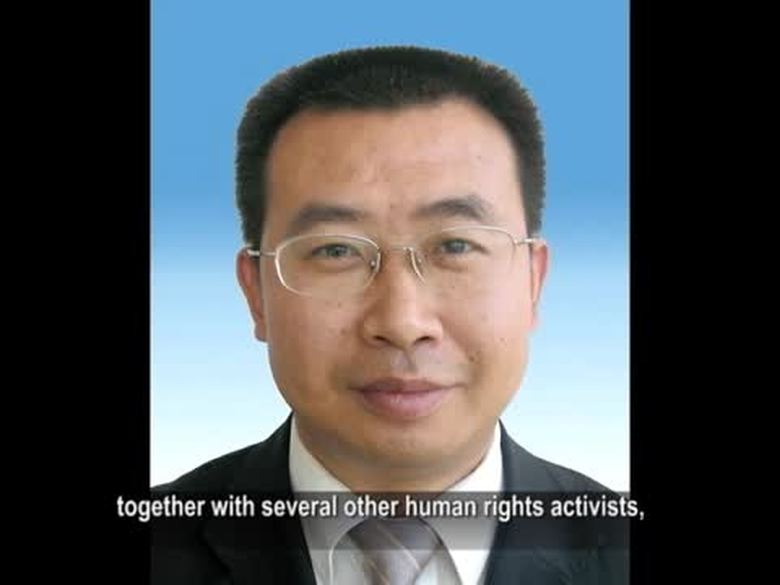
【禁聞】李天天再遭綁架 維權律師倍受打壓
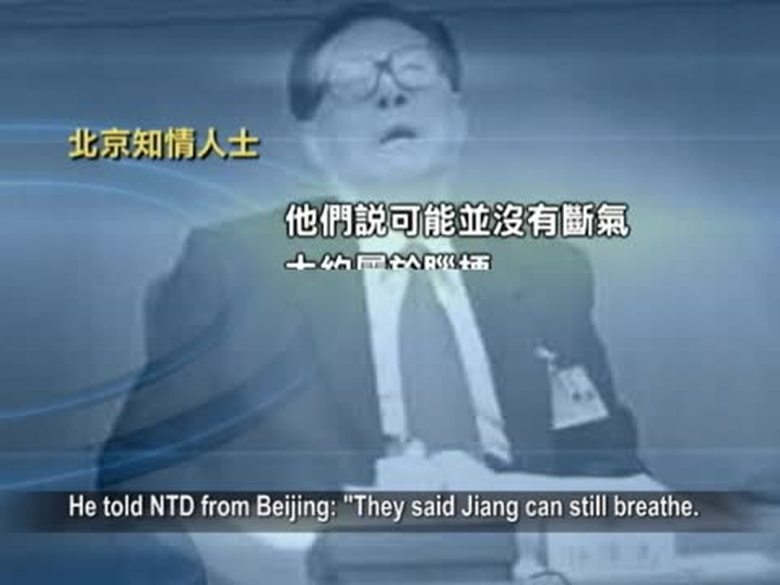
【禁聞】消息人士稱江澤民腦死亡 官方沉默
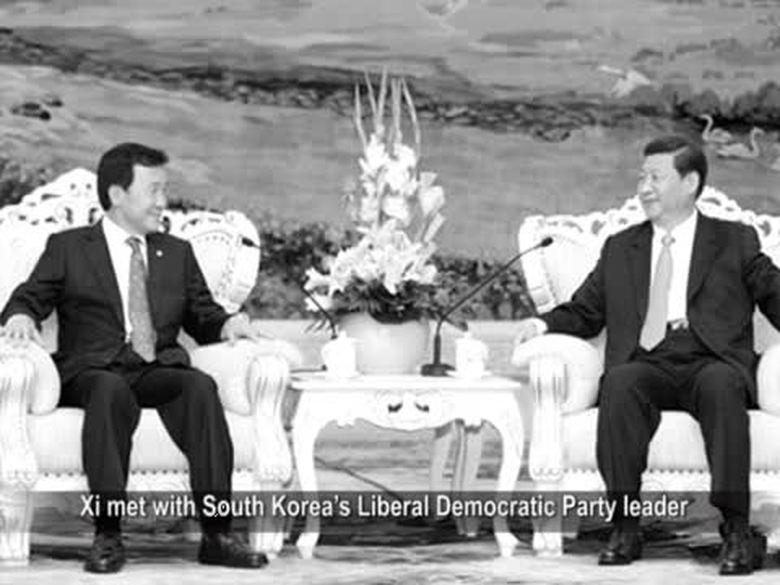
【禁聞】習近平足球三願 網民嘆“火星撞地球”
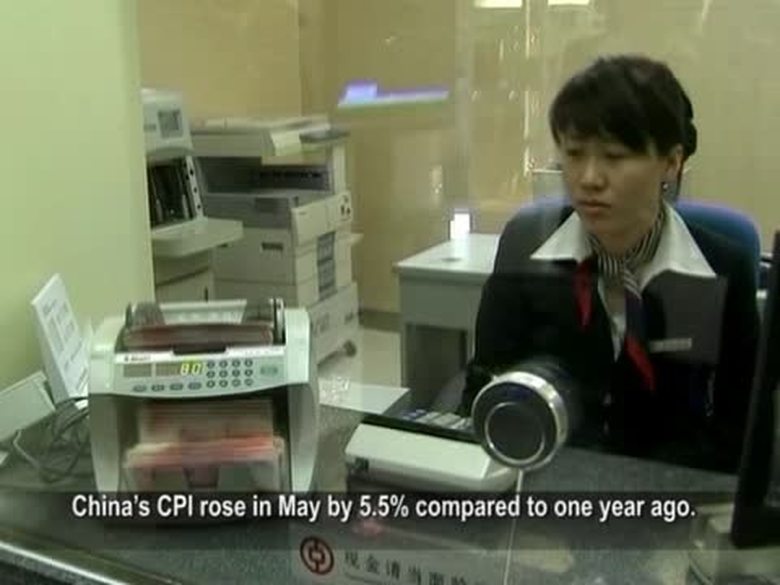
【禁聞】央行再度加息“對抗”通貨膨脹

【禁聞】兒推特喚母:放我媽回家吃飯
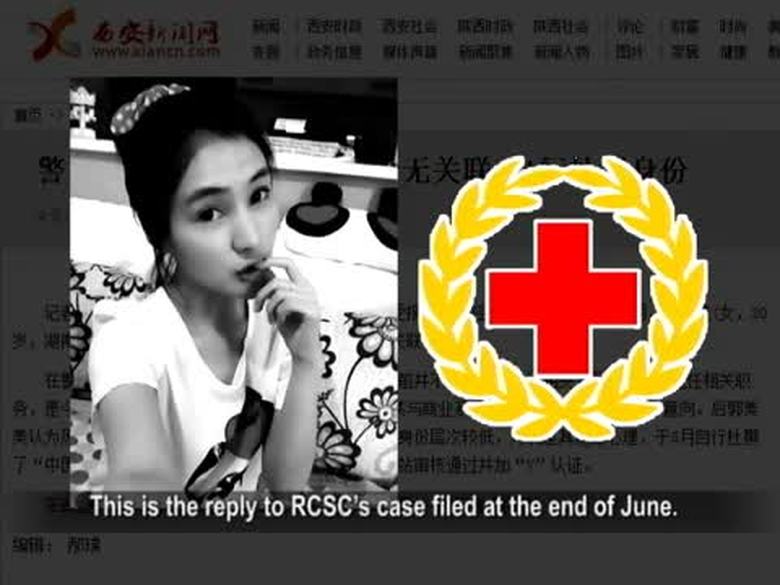
【禁聞】郭美美炫富 官辦慈善機構失信於民

【禁聞】百度微軟合作 網友抵制
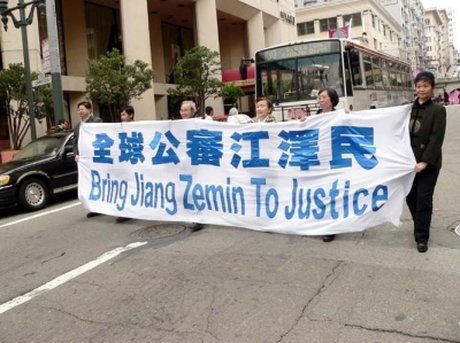
【禁聞】江澤民生死成謎 牽動政局民盼審判








